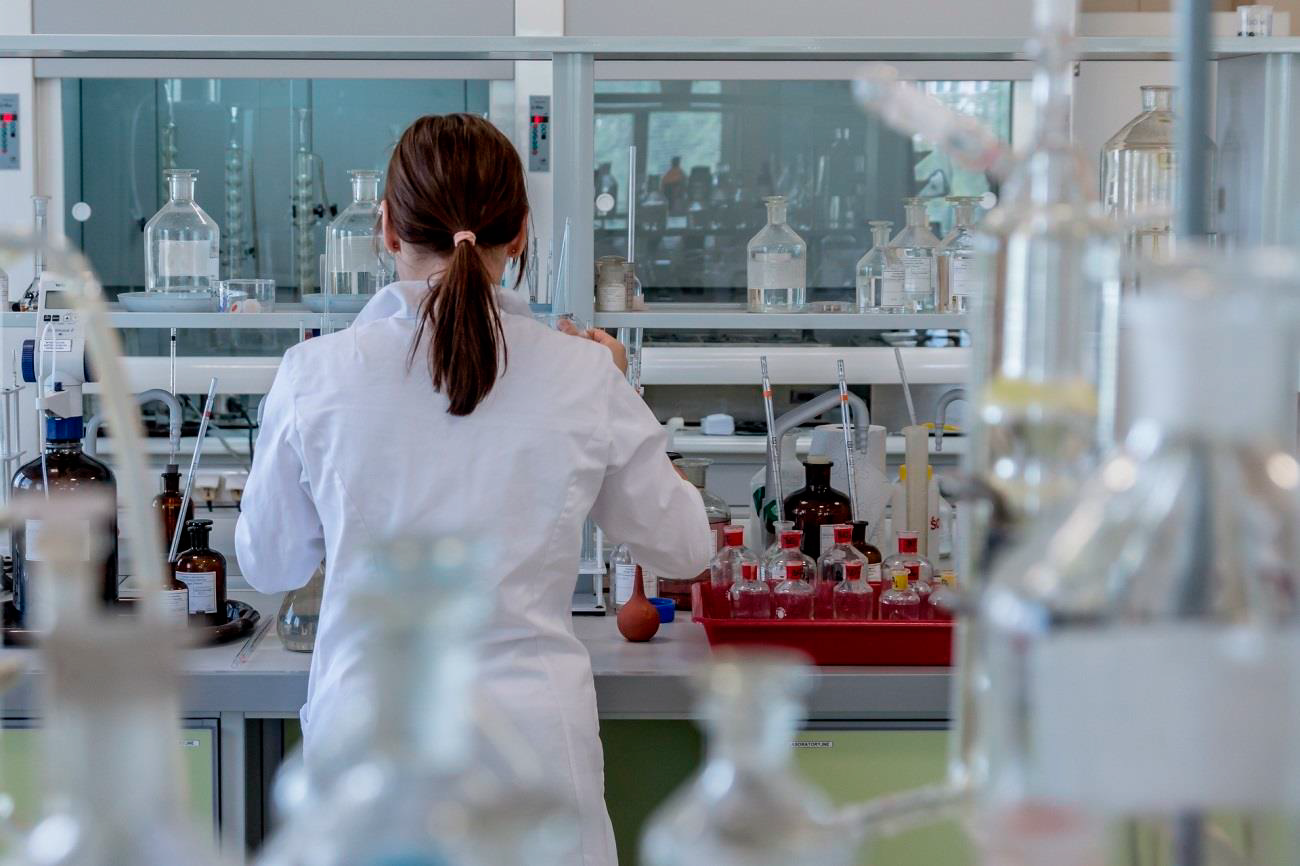- Proposals include the catalytic decomposition of methane, the development of a battery and a pioneering pathogen capture technology.
- The Spanish Institution coordinates two of the projects awarded.

The Spanish National Research Council (CSIC) leads in Spain the reception of Future and Emerging Technologies (FET) grants, awarded by the European Union through the Horizon 2020 programme.
Among the 10 projects granted to the institution this March, two of them are coordinated by CSIC researchers. These grants have a total value of €5 million in addition to the €18 million obtained by the CSIC through this programme since 2014.
"The participation and success rate of the CSIC in H2020 is a good indicator -not the only one- of the vigor and international scientific competitiveness of our institution. CSIC's achievements in H2020 are not homogeneous and among which we have a high success rate, future and emerging technologies (FET) stand out” says CSIC Vice President of International Relations, Elena Domínguez.
In Europe, Spain is the third country in economic return in this edition (16.6 million euros), just behind Germany (34.1 million euros) and France (19.2 million euros). At the national level, the CSIC ranks first in receiving these grants, both in number of projects and in funds.
Two CSIC coordinated projects
Among the awarded projects, eight in the FET Open category and two in the FET Proactive, there are initiatives to create local quantum networks with superconducting qubits, manufacture of superconducting scanning probes, and a neuromorphic computing system for cognitive computing. Other examples include the raising of the catalytic decomposition of methane at low temperatures for the production of hydrogen without emissions, as well as the development of a pioneering pathogen capture technology based on bioselective proteins that form hydrogels.
In addition, the CSIC coordinates two projects in this edition: SOUNDofICE and AMAPOLA. The first one, a FET OPEN action, aims to solve the problem of ice formation on surfaces of devices and facilities in industrial sectors such as renewable energy generation (wind systems), transportation (aviation) or the production of industrial cold. As Ana Isabel Borrás, researcher at the Institute of Material Sciences of Seville (ICMS) and coordinator of SOUNDofICE, points out, “the project will allow the development of radically new technology by supporting the training of young researchers. There is a vocation for industrial transfer of the project, which we hope will have a high impact on safety and functionality in the fields of aeronautics and wind energy”
The second project ‘AMAPOLA’, a FET Proactive action, pursues the development of an Al-S battery (which has the potential to store very high energy) with polymer gel electrolyte. The consortium, integrated by researchers, a battery company and an SME expert in management and knowledge transfer will focus on the use of new materials from those developed in a previous project, SALBAGE, and their actual application. “Europe's strategy focuses on developing new batteries based on alternative, abundant and cheap materials. Our project is based on the combination of sulfur and aluminum, both very abundant ", explains Pilar Tiemblo, scientist at the Institute of Polymer Science and Technology (ICTP) and coordinator of the project.
At the CSIC, the Vice Presidency for International Relations organizes training sessions, conducts personalized attention to inquiries and reviews proposals and budgets to support researchers in the process of submitting and awarding proposals.
This article was first published 22 April by CSIC.





 A unique international forum for public research organisations and companies to connect their external engagement with strategic interests around their R&D system.
A unique international forum for public research organisations and companies to connect their external engagement with strategic interests around their R&D system.